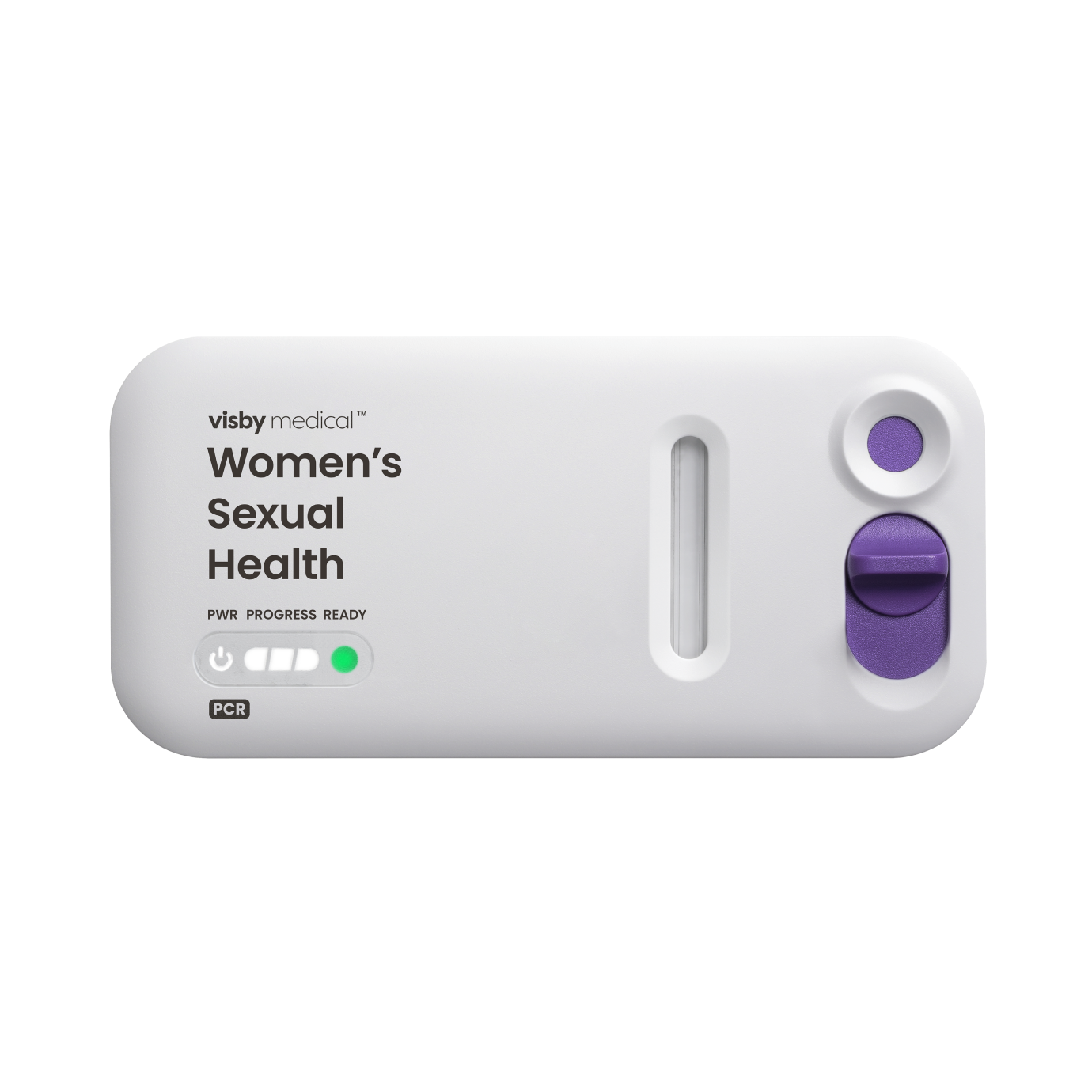
Think about the last food you ate. Did it impact your overall well-being, other than helping you feel less hungry? If it made you feel energized, sluggish, or any other feeling, then you could be experiencing the detected connection between food and mood, which is the concept that what you eat can affect how you feel. While we are still learning about the complex relationship between mood and food, here are a few suggestions on how you can help yourself feel and eat better.
4 Ways to Help Yourself Feel and Eat Better
While there’s no magic recipe that will zap you out of a bad mood, there are some things you can do to feel nourished and satisfied. Eating a balanced diet can help give you energy to do other things that you enjoy, like exercising and participating in your favorite hobbies.
If you struggle with remembering what foods help you feel good (or don’t), consider keeping a food journal as an easy resource to look back on and see what foods may have impacted how you feel.
1. Include Protein at Every Meal
Protein is an essential macronutrient that gives you energy, can make you feel full, and plays many other important parts in your body composition and upkeep; including serving as the “building blocks” for cartilage, skin, blood, muscles, bones, enzymes, hormones, and vitamins.
The amount of protein intake recommended per day will differ from person to person, but the National Academy of Medicine recommends adults should eat 0.8 grams of protein for every kilogram of body weight per day or just over seven grams for every 20 pounds of body weight.
There’s also a wide range of what’s considered acceptable protein intake recommended by the National Academy of Medicine. Not eating enough protein can, over time, lead to a variety of health problems that can impact your well-being and how you feel — including a lack of energy.
Below is a list of high quality, lean protein sources to incorporate into each meal, though these will differ based on food allergies and dietary restrictions. Consult a doctor or nutritionist to find the protein sources that may work best for you.
- Eggs
- Legumes (lentils, beans, peas, soy)
- Nuts and seeds (almonds, chia seeds, walnuts, squash or pumpkin seeds)
- Poultry (chicken, turkey, duck)
- Seafood (finfish, shellfish, canned fish)
2. Limit Refined Carbohydrates and Sugar
Research has shown potential causal effects of refined carbohydrates on mood. Refined carbohydrates include candy, syrups, sweetened beverages, donuts, cake, white bread, white rice, bagels, and white flour.
3. Increase Fruits and Vegetables
Many fruits and vegetables are chock-full of vitamins and minerals critical to physical and mental health. Certain vitamins and minerals have antioxidant properties, such as vitamin C and zinc, which may contribute to overall mood. Antioxidants, generally speaking, act in a protective way in the body to prevent oxidative stress, which may contribute to the development of certain chronic conditions.
Tip: Keep in-season fruits and vegetables in your kitchen for healthy snacks that can help you feel better overall. Jot down what fruits and vegetables help you feel your best and see what antioxidants are present in them so you know which ones work best for you.
4. Schedule Regular Intervals to Eat Throughout the Day
Generally, three meals throughout the day is recommended to help you keep up the proper amount of caloric intake, but be sure you’re paying attention to your body’s hunger cues.
To start the day off right, it’s recommended that you eat breakfast within two to three hours of waking up. Of all the meals, breakfast is not the one you should consider skipping. Since breakfast is the first meal we eat after our body’s longest fast (assuming you’re getting the recommended eight hours of sleep).
Tip: Carve out time throughout the day (such as setting a block on your calendar) to ensure you have time to eat and sustain your energy levels.

Article sources:
- Gidus T. “Eating to Boost Energy.” eatright, Academy of Nutrition and Dietetics, 17 July 2020.
- Wahl DR, Villinger K, Konig LM, et al. Healthy food choices are happy food choices: Evidence from a real life sample using smartphone based assessments. Scientific Reports. 2017;7:17069 Published 2017 December 6.
- U.S. Department of Agriculture. “Protein Foods.” MyPlate, U.S. Department of Agriculture, 2020.
- National Academies of Medicine. Dietary Reference Intakes for Energy, Carbohydrate, Fiber, Fat, Fatty Acids, Cholesterol, Protein, and Amino Acids (Macronutrients).
- Pezeshki A, Zapata RC, Singh A, Yee NJ, Chelikani PK. Low protein diets produce divergent effects on energy balance. Sci Rep. 2016;6:25145. Published 2016 Apr 28.
- Firth J, Gangwisch JE, Borsini A, et al. Food for Thought 2020: how do diet and nutrition affect mental wellbeing? BMJ. 2020;369:m2382. Published 2020 June 29.
- Głąbska D, Guzek D, Groele B, et al. Fruit and Vegetable Intake and Mental Health in Adults: A Systematic Review. Nutrients. 2020;12(1):115. Published 2020 June 29.
- Brookie KL, Best GI, Conner TS. Intake of Raw Fruits and Vegetables Is Associated With Better Mental Health Than Intake of Processed Fruits and Vegetables. Front Psychol. 2018;9:487. Published 2018 April 10.
- Ocean N, Howley P, Ensor J. Lettuce be happy: A longitudinal UK study on the relationship between fruit and vegetable consumption and well-being. Soc Sci Med. 2019;222:335-345. Published 2019 January 7.
- Birben E, Sahiner UM, Sackesen C, et al. Oxidative stress and antioxidant defense. World Allergy Organ J. 2012;5(1):9-19. Published 2012 January 13.
- Paoli A, Tinsley G, Bianco A, et al. The Influence of Meal Frequency and Timing on Health in Humans: The Role of Fasting. Nutrients. 2019;11(4):719. Published 2019 March 28.
- Kanarek R. Psychological effects of snacks and altered meal frequency. Br J Nutr. 1997;77 Suppl 1:S105-18; discussion 118-20. Published 1997 April.
- Gibney MJ, Barr SI, Bellisle F, et al. Breakfast in Human Nutrition: The International Breakfast Research Initiative. Nutrients. 2018;10(5):559. Published 2018 May 1.
- Centers for Disease Control and Prevention. “How Much Sleep Do I Need?” Centers for Disease Control and Prevention, 2020.
Spotlight on
February is Cancer Prevention Month

86% of cancers aren't caught by recommended screenings. See what they're missing with a single blood draw.
Learn more
Explore Everlywell









